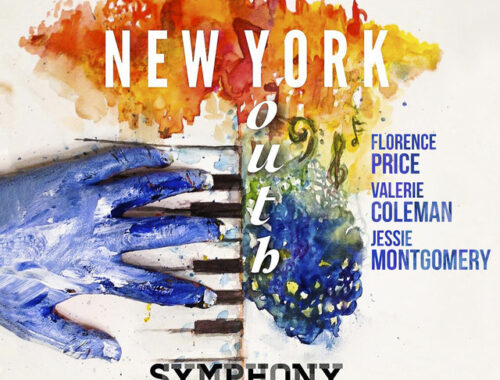Wagner “Die Meistersinger von Nürnberg”, Glyndebourne Festival Opera
Some pieces you just have to trust and trust implicitly. When a text is as good as Wagner’s Die Meistersinger it’s a wise director who takes a step back and let the words, the characters, the bountiful score go forth and prosper. Some might call David McVicar’s first Glyndebourne staging “traditional” but that’s something of a dirty word in opera nowadays and to imply dullness rather than due diligence would never do. McVicar is better than that and when, as here, he is the soul of discretion there is a very good reason for it.
There is the little matter of the update to 19th century bonnets and empire lines lending a more “painterly” visual tone and perhaps underlining the burgeoning trend towards German nationalism at this time. The designer Vicki Mortimer even frames the stage like an old master playing out the action of all three acts beneath a vaulted canopy so ornate as to suggest cloth not stone. But the opera is not about “nationalism”, German or otherwise; it’s about pride – civic pride, certainly – but mostly it’s about the progressiveness of great Art: the inspiration that breaks rules and re-evaluates the old in the light of the new. It’s about the writing of a great song and all that is at stake in the writing of it.
Wagner’s entire score is songful, pouring forth benevolent counterpoint from prelude to final chorus. And perhaps the greatest joy of this evening was in hearing Vladimir Jurowski and the London Philharmonic Orchestra weaving so rich and detailed a narrative. The playing was at times extraordinarily beautiful with solo oboe and clarinet distilling and elevating so many special moments.
It was also a significant night for Gerald Finley whose Hans Sachs could well prove to be the pinnacle of his career. I had thought him unlikely casting but the beauty and intelligence of his singing, the clarity of his words and toughness and charisma of his persona dominated the stage. He was also for once credibly attractive to Eva (Anna Gabler) and the perfect counterpart to Johannes Martin Kränzle’s brilliant and believable Beckmesser. Marco Jentzsch had youth and stamina on his side as Walther von Stolzing but tonal beauty and rapture eluded him. Alastair Miles’ Pogner was in every sense the voice of experience.
We left Glyndebourne with the chorus’s “hymn to Sachs” still resonating across the Sussex downs. It was a moment that clearly floored Finley as much as the standing ovation greeting his curtain-call.
You May Also Like

MUSICALS Podcast: Edward Seckerson meets JACK GODFREY
02/06/2024
GRAMOPHONE Review: Price/Coleman/Montgomery – New York Youth Symphony/Repper
20/07/2022